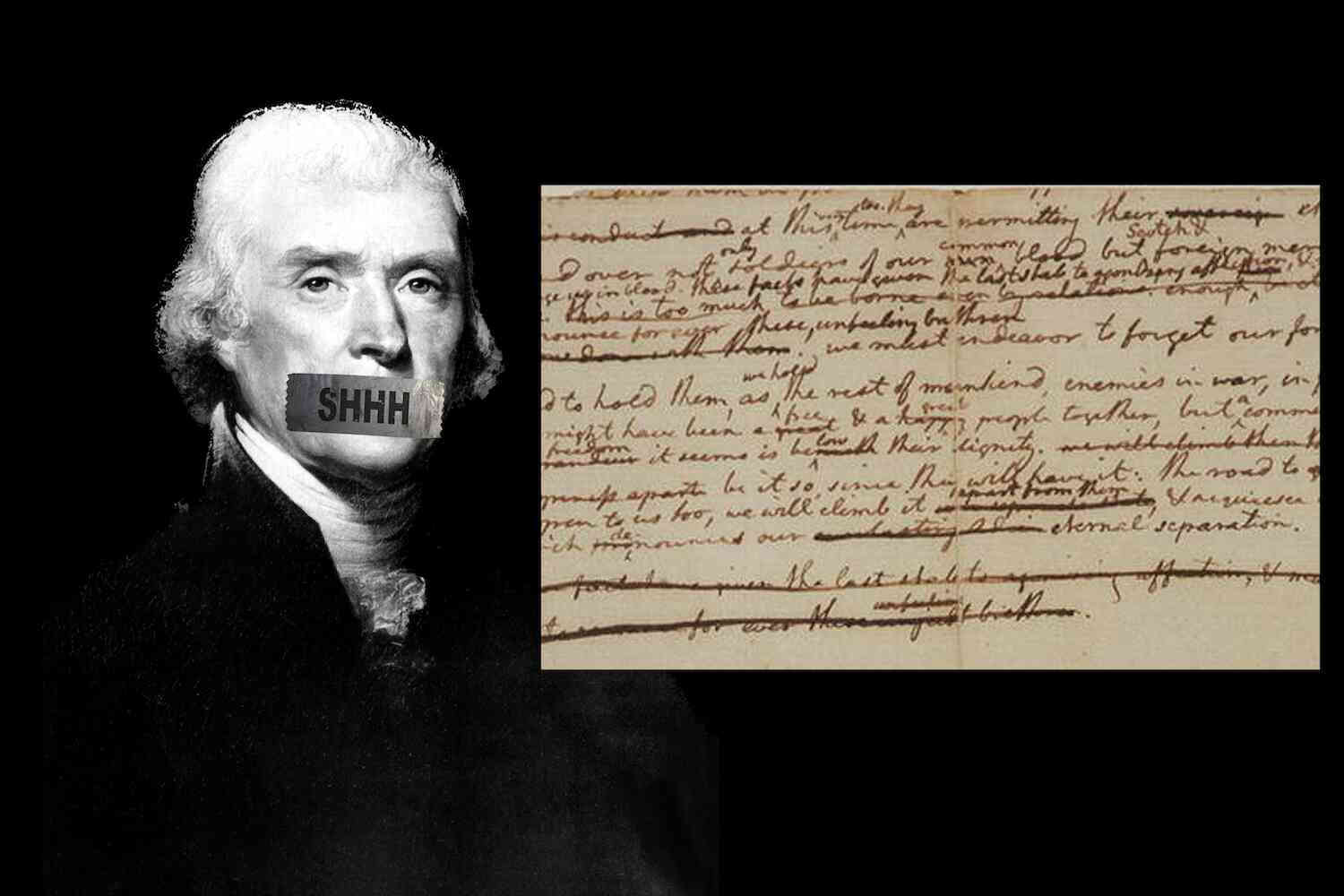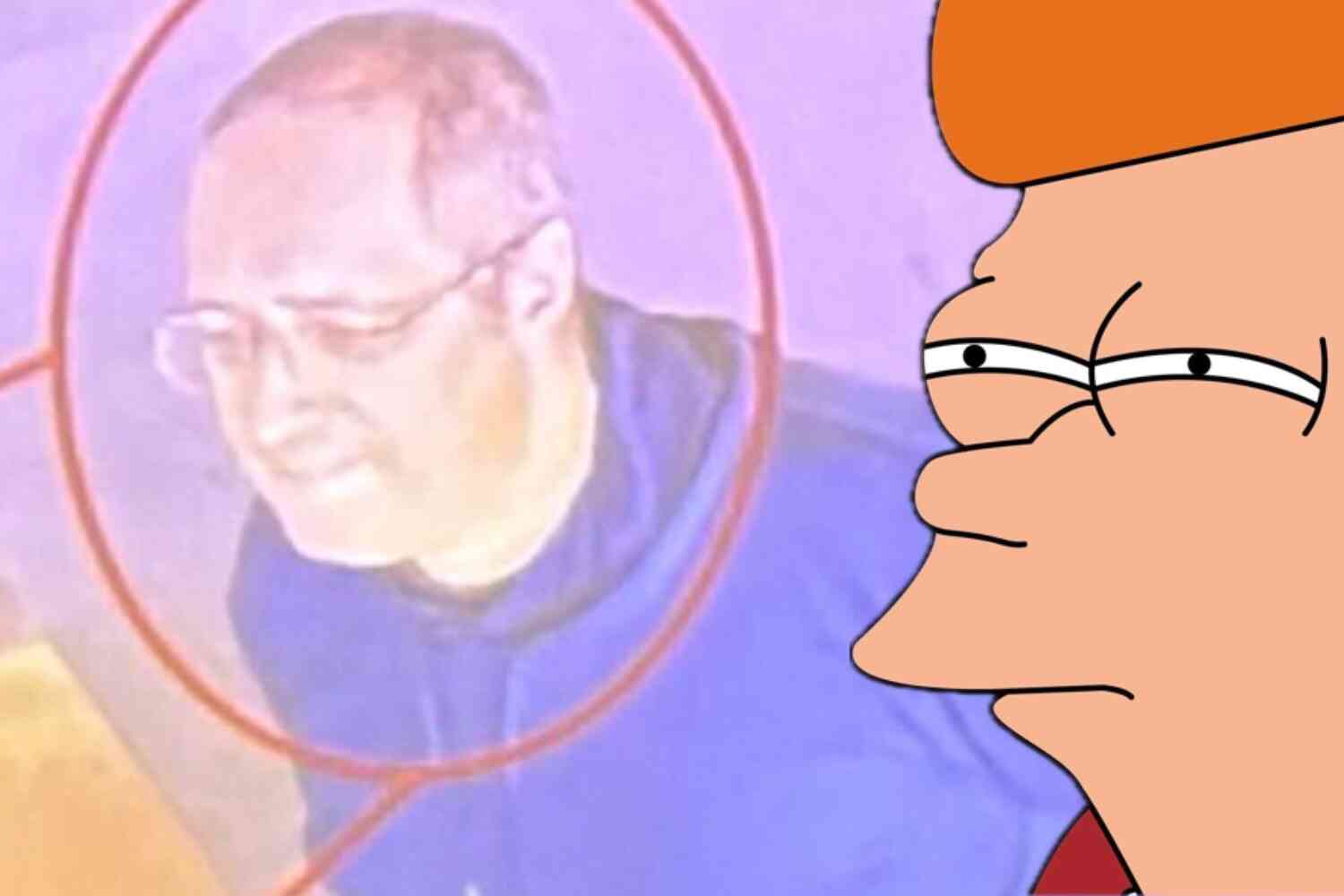Blaze Media pioneer Glenn Beck has apparently been sharing this unearthed paragraph since at least 2020, but I heard it for the first time just days ago.
It's a passage Thomas Jefferson wrote for a draft of the Declaration of Independence - a paragraph I have never encountered. Given that I've taught U.S. History and Government for two decades, that fact stuns me as much as it embarrasses and frustrates me.
Every year, I've made my government students memorize the Declaration's preamble - those immortal words about all men being endowed by their Creator with the unalienable rights of life, liberty, and the pursuit of happiness - as a requirement to pass my class.
But this paragraph? I'd never even read it.
Here are Jefferson's banished words about the slave trade:
He (King George III) has waged cruel war against human nature itself, violating its most sacred rights of life & liberty in the persons of a distant people who never offended him, captivating & carrying them into slavery in another hemisphere, or to incur miserable death in their transportation thither.
Those aren't the words of a man indifferent to slavery. They are the cry of conscience from someone who recognized its evil for the "cruel war against human nature" it was. This wasn't just a policy criticism, it was an aggressive condemnation of a practice that assailed the very image of God in man.
What's more, Jefferson's accusation was morally piercing.
This piratical warfare, the opprobrium of infidel powers, is the warfare of the CHRISTIAN king of Great Britain.
That is remarkably prescient moral insight and stunning boldness for an 18th-century politician. Jefferson, long caricatured as a disinterested deist, deliberately weaponizes religious language to shame a "Christian" king complicit in the slave trade. His outrage is not merely political, it's moral. He's confronting the British empire's spiritual hypocrisy, revealing that the real corruption lies in a civilization that calls itself Christian while trafficking in human lives.
And he wasn't done:
Determined to keep open a market where MEN should be bought & sold, he has prostituted his negative for suppressing every legislative attempt to prohibit or to restrain this execrable commerce.
Read that again: "A market where MEN should be bought and sold." In the original draft, Jefferson capitalized "MEN." In a world where "men" so often meant only landowners or white citizens, Jefferson's emphasis was intentional. He was unequivocally asserting that Africans were men, endowed with the same sacred rights of life and liberty he had already declared "self-evident."
He then closed with a final, haunting sentence:
Thus paying off former crimes committed against the liberties of one people, with crimes which he urges them to commit against the lives of another.
Talk about both prophetic and painful irony. Jefferson was suggesting that moral compromise would always multiply injustice. His words foreshadowed the conflict America herself would face a little less than a century later.
It's fair to acknowledge Jefferson's contradictions. He owned slaves. He struggled against the very evil he condemned. But I'm confident the omission of this paragraph from our public memory isn't about confronting hypocrisy. I believe it's about controlling narrative.
Our modern institutions - from media to academia - have spent decades flattening the Founders into easy villains: elitist, racist white men whose lofty ideals were mere cover for their crimes.
That caricature serves an ideological purpose:
It keeps young Americans from admiring the brilliance and moral wrestling of the men who birthed a free nation, replacing complexity with easy condemnation.
That's why this paragraph - a stunning, soaring moral rebuke of slavery written by one of those "dead white guys" - must remain buried. Because to read it is to admit that Jefferson, for all his flaws, saw and named evil with moral clarity. To acknowledge that truth would complicate the narrative.
Count me as one history teacher who thinks it's high time we do just that. Recovering Jefferson's lost grievance isn't about excusing sin or sanitizing history. It's about reclaiming truth.
It's about offering proof that human beings, and the nations they build, can be both right and wrong, often at the same time.
P.S. Now check out our latest video 👇
Disclaimer: The opinions expressed in this article are those of the author and do not necessarily reflect the opinions of Not the Bee or any of its affiliates.









